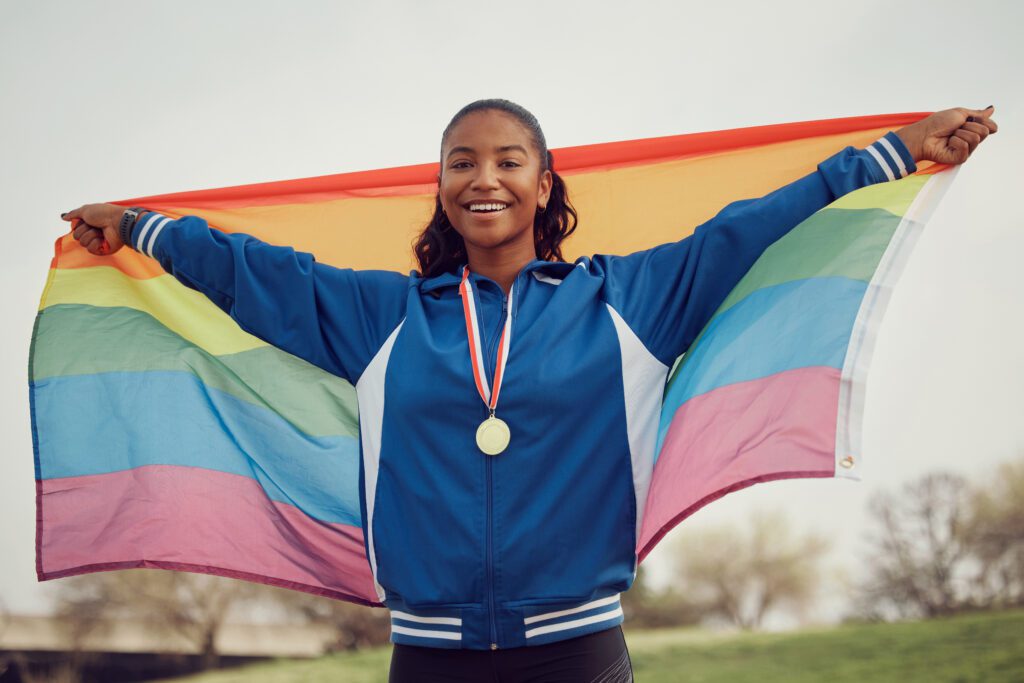Creating sport environments that support mental health for girls and women

This blog post provides a recap of the fourth webinar in the 4-part mini-series Engaging Girls and Women in Sport. SIRC and Canadian Women & Sport co-hosted the mini-series, which you can access or learn more about by visiting our SIRC Experts Webinar page. Every year, 1 in 5 people in Canada will personally experience a mental…
Healthy schools in Canada
The Canadian Healthy School Standards offers tips and resources to create system-level changes for students, as well as the entire school community. By advocating for policies and investments that address health and well-being for students, staff and leaders, schools can chart their journeys toward improved health.
Toward values-based sport
“At the end of the day, it’s about making sure that the sport sector thrives and is united in offering positive sport experiences for all Canadians. For sport to do good, it must be good. For people to realize the benefits, they have to have an opportunity to play. I think that’s what it’s all…
How coaches and sport organizations can create a better experience for LGBTQ+ youth

Participating in sport can have many benefits for lesbian, gay or bisexual (LGBTQ+) youth. Sport has the potential to bring joy, distraction and mindfulness that frees LGBTQ+ youth from worry and fear in other domains of their lives. Sport can also provide important social connections and support for LGBTQ+ youth as they negotiate coming out….
Northern sport development
In Canada’s North, sport development opportunities for youth can be few and far between. Small population sizes, large distances between communities, and limited resources create barriers to sport programming. But partnerships between different sports offer a unique opportunity for youth to reap the benefits of participation in multiple sports. They can also increase participant pools…
Supporting girls and women in hockey
In a recent survey, Quebec women identified 3 primary sources of motivation for participating in hockey: desire for self-accomplishment, enjoyment, and acquisition and mastery of new skills. When coaches and sport leaders are sensitive to these motivations and provide supportive environments with positive role models, they support girls and women’s hockey participation.
Physical literacy for life
Physical literacy provides youth with the fundamental movement skills to engage in all types of sport and physical activity. It also helps to build self-image, self-concept and self-efficacy. Giving youth the right skills to enjoy movement for the long-term helps them come back and sustain their motivation to participate in sport and physical activity throughout…
Supporting refugees in sport
Canadian soccer superstar Alphonso Davies, who plays for FC Bayern Munich and Team Canada, arrived in Canada as a refugee when he was 5 years old. “Refugees need our support to survive, but also access to education and sports, so they can fulfil their potential and truly thrive,” says Davies, who was appointed as a…
Healthy fathers
Father’s Day is this Sunday! Although entering parenthood can be an exciting time, it comes with new challenges and responsibilities. This can often limit the amount of physical activity that fathers partake in. Research shows that fathers who maintain optimal physical activity levels have better physical and mental health, enhanced positive father-child bonding, and are…
Teen mental health
To improve mental health, teens (13 to 15 years old) need more exercise and less screen time. New research shows that adolescents’ mental wellbeing declines with more than 1 hour of recreational screen time a day. On the other hand, daily exercise has been consistently shown to help improve teens’ mental health and life satisfaction.